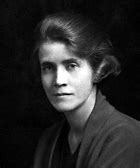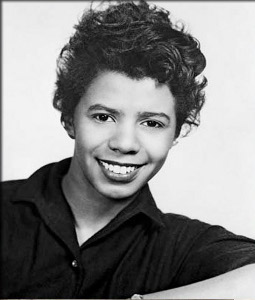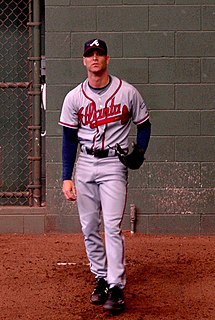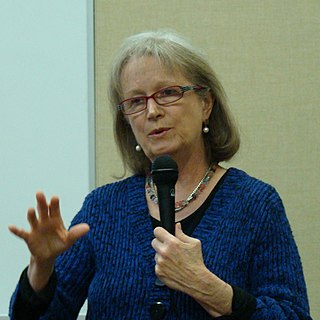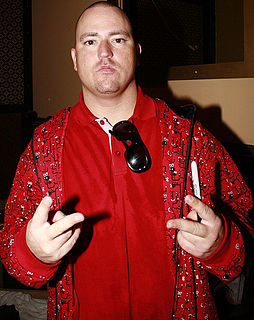A Quote by Mignon McLaughlin
Suburb: a place that isn't city, isn't country, and isn't tolerable.
Related Quotes
On the country has gathered the idea of a natural way of life: of peace, innocence, and simple virtue. On the city has gathered the idea of an achieved centre of learning, communication, light. Powerful hostile associations have also developed: on the city as a place of noise, worldliness and ambition; on the country as a place of backwardness, ignorance, limitation. A contrast between country and city, as fundamental ways of life, reaches back into classical times.
Each hamlet or village or town should be a place, its own place. This is not a matter of fake historicism or artsy-craftsy architecture. It is a matter of respect for things existing, subtle patterns of place woven from vistas and street widths and the siting and color and scale of stores, houses, and trees... If the countryside is to prosper, it must be different from city or suburb... The difference is in part the simple business of containing our towns and giving them boundaries.
In place of a world, there is a city, a point, in which the whole life of broad regions is collecting while the rest dries up. In place of a type-true people, born of and grown on the soil, there is a new sort of nomad, cohering unstably in fluid masses, the parasitical city dweller, traditionless, utterly matter-of-fact, religionless, clever, unfruitful, deeply contemptuous of the countryman and especially that highest form of countryman, the country gentleman.

